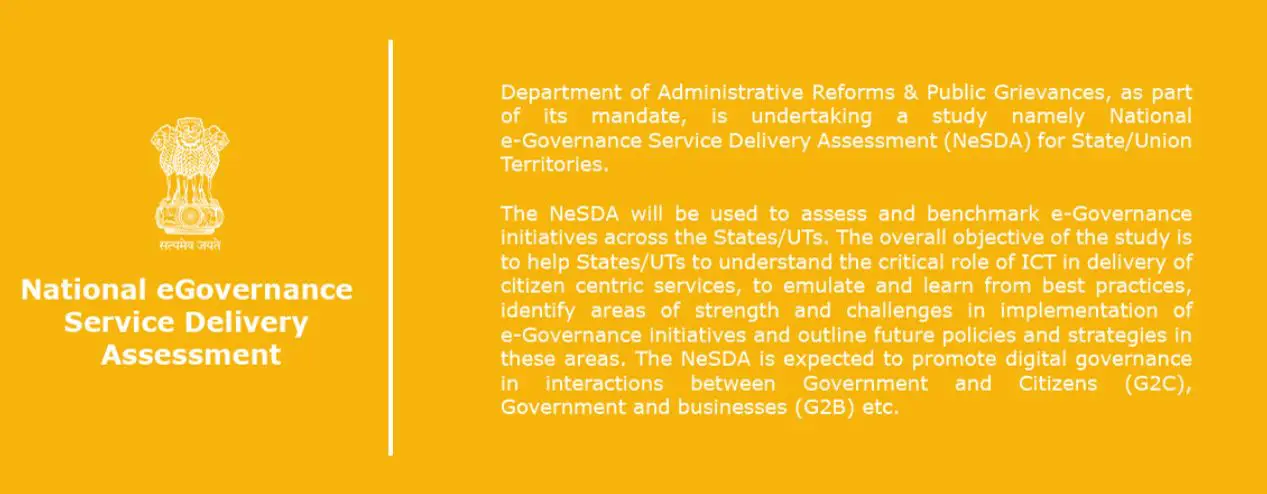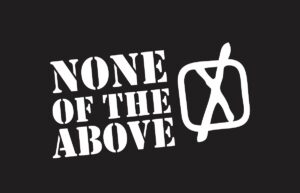National E-Governance Service Delivery Assessment | UPSC – IAS
In the United Nations e-Government Survey published in 2018, where a 193 member countries were assessed, India was placed 96th in the e-Government Development Index. There was a significant improvement in its rank from that of 2016, where the country was placed at a rank of 107.
For a nation which takes pride in using digital technologies and innovations for providing government services to citizens as well as businesses and with many well-established service delivery mechanisms across its various States and UTs, this rank can be enhanced further. (by NeSDA)
First-ever National e-Governance Service Delivery Assessment (NeSDA) 2019 rankings were released by Department of Administrative Reforms and Public Grievances.
- It is done for 4 categories: Union territories (7), North-Eastern States and Hill states (11), Remaining states
(18), Central government ministries websites. - Framework covers six sectors, viz. Finance, Labour & Employment, Education, Local Government & Utilities, Social Welfare (including Agriculture & Health) and Environment (including Fire).
- The assessment was aimed at improving the overall e-Government development by evaluating the efficiency of service delivery mechanism from a citizen’s perspective.
It primarily assesses all State/UT and Central Ministry service portals on 7 key parameters:
- Accessibility,
- Content Availability,
- Ease of Use,
- Information Security & Privacy,
- End service Delivery,
- Integrated Service Delivery and
- Status & Request Tracking.
Ranking | UPSC – IAS
- Delhi, Chandigarh, Daman and Diu administration have emerged leaders among Union territories across all parameters.
- Haryana and Rajasthan are the leading states in the assessment under the “remaining states” category comprising 18 states.
- The website of the Central Board of Direct Taxes (CBDT) under the Finance Ministry is the winner under the assessment of central ministry service portals category. Whereas, the ministry portals of Health & Family Welfare, and Human Resource have emerged leaders across “all parameters”.
- In terms of portals Kerala Scored the highest in states and UTs category.
Key Recommendations | UPSC – IAS
- Creating an inclusive Digital Ecosystem
- Mandatory sector-specific service focus to attain SDG Goals
- e-Literacy for inclusiveness
- Improvising Accessibility for higher uptake
- Security and privacy for public data
- Embracing new age technologies for improved service delivery
- Adoption of Standards for uniformity in governance
- Integrated service delivery – focus on IndEA (India Enterprise Architecture)




